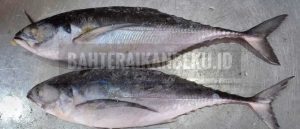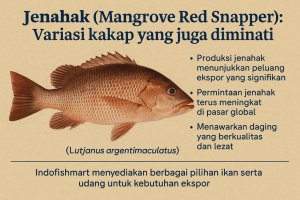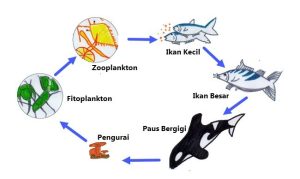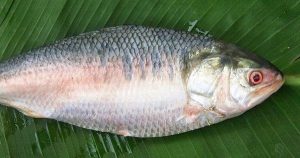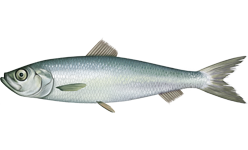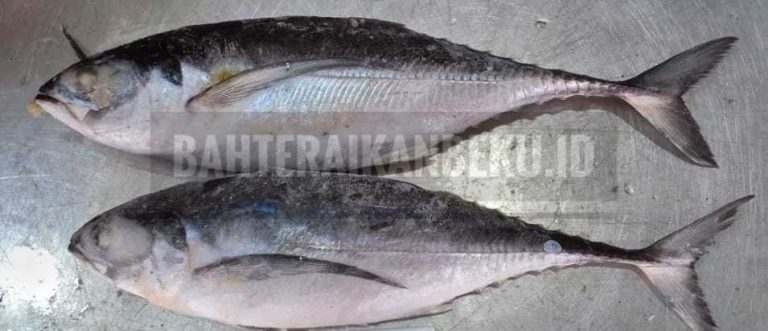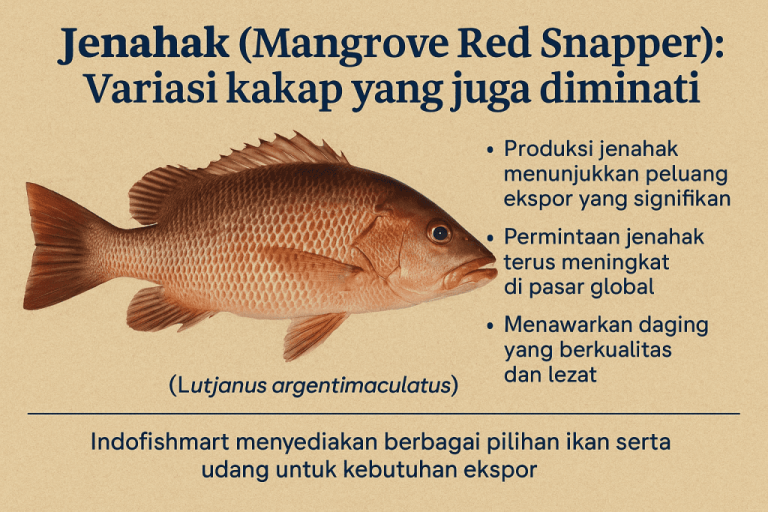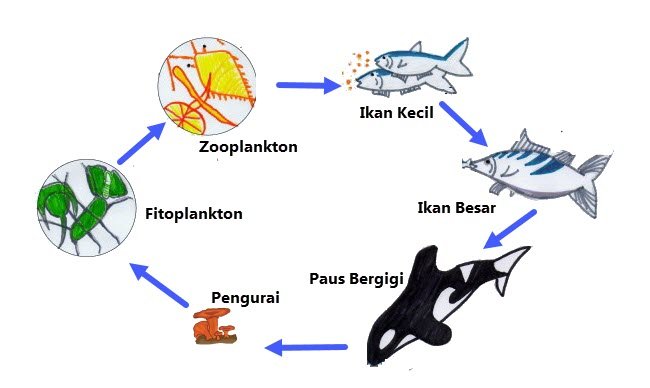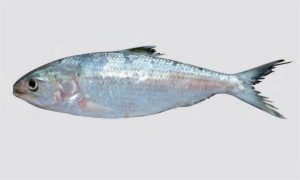The Atlantic herring (Clupea harengus) is a vital marine species found in the North Atlantic Ocean. Known for its significance both ecologically and economically, this small pelagic fish plays a crucial role in marine food webs and supports extensive fisheries worldwide. Its widespread distribution and abundance have made it a key species for understanding oceanic ecosystems and the sustainability of marine resources. This article explores the various aspects of the Atlantic herring, from its physical traits to its importance in global food security.
Introduction to Atlantic Herring: A Key Marine Species
The Atlantic herring is a small, schooling fish that inhabits the cold and temperate waters of the North Atlantic Ocean, ranging from the eastern coast of North America to Europe and North Africa. It is considered one of the most abundant fish species in the world, with populations fluctuating seasonally and annually. Due to its high biomass and widespread presence, the Atlantic herring is a cornerstone species in marine ecosystems, serving as a primary prey for numerous larger predators, including whales, seabirds, and larger fish species. Its role in maintaining the balance of marine food webs underscores its ecological importance.
Historically, Atlantic herring has been a cornerstone of commercial fisheries, providing a significant source of protein for human consumption and animal feed. Its abundance has supported local economies and global markets for centuries. The species is also notable for its adaptability to different environmental conditions, which has contributed to its widespread distribution. Understanding the biology and ecology of Atlantic herring is essential for sustainable management and conservation efforts, especially in the face of changing oceanic conditions.
The species exhibits remarkable seasonal migrations, often traveling vast distances to spawn and feed. These migrations are driven by environmental cues such as temperature, food availability, and reproductive cycles. The resilience and adaptability of Atlantic herring have allowed it to thrive in diverse habitats, but overfishing and climate change pose ongoing challenges to its populations. Recognizing its ecological and economic significance makes Atlantic herring a key focus for marine scientists and policymakers.
In addition to its ecological and economic roles, Atlantic herring also has cultural significance in many coastal communities. Traditionally, local fisheries relied heavily on herring, shaping diets and livelihoods. Today, sustainable practices and scientific research aim to ensure that Atlantic herring continues to fulfill its ecological functions while supporting human needs. As a species that bridges natural ecosystems and human economies, Atlantic herring exemplifies the interconnectedness of marine life and human activity.
Overall, the Atlantic herring stands out as a vital marine species whose health reflects broader oceanic conditions. Its ability to adapt, reproduce, and sustain large populations makes it a model for understanding marine resilience. Protecting this species through responsible management is crucial for maintaining the health and productivity of North Atlantic ecosystems and ensuring that its benefits endure for future generations.
Physical Characteristics and Identification of Atlantic Herring
The Atlantic herring is characterized by its slender, elongated body, which is streamlined to facilitate swift swimming in open waters. Typically, it measures between 25 and 40 centimeters in length, although some specimens can grow slightly larger. Its body is covered with small, smooth scales that give it a shiny, metallic appearance, especially along the sides and back. The coloration of Atlantic herring varies slightly but generally includes a bluish-green or grayish hue on the dorsal side, fading to a silvery-white on the belly.
One of the most distinctive features of Atlantic herring is its lateral line—a sensory organ running along the sides of the fish—that helps detect movement and vibrations in the water. The fish’s fins include a prominent dorsal fin, a forked tail (caudal fin), and small pectoral and pelvic fins, all aiding in precise navigation and rapid movement. Its eyes are relatively large, providing good vision in the often dim depths of the ocean where it resides.
In terms of identification, Atlantic herring can be distinguished from similar species by its body shape and fin placement. The fish has a slightly rounded snout and a terminal mouth, with a series of small, sharp teeth suited for its diet. Its gill covers are smooth, without prominent spines, which helps differentiate it from other herring-like species. Juvenile herring often display less vivid coloration and smaller size but share the same general body shape.
The species also exhibits sexual dimorphism, with males and females appearing similar externally, making identification based solely on physical features challenging without close examination. During the spawning season, males develop darker, more intense coloration, and their bodies may display distinctive markings. These seasonal changes, along with size and fin morphology, assist researchers and fishers in accurate identification.
Overall, the Atlantic herring’s sleek, silver body, distinctive fin configuration, and size range make it relatively easy to identify among pelagic fish species. Its physical adaptations enable it to thrive in the open ocean, where swift movement and agility are essential for survival. Recognizing its features is vital for monitoring populations, managing fisheries, and studying its ecological role.
Habitat and Distribution of Atlantic Herring in Ocean Waters
The Atlantic herring predominantly inhabits the cold and temperate waters of the North Atlantic Ocean, with its range extending from the coastal areas of North America, including eastern Canada and the northeastern United States, across to the coasts of Europe, including Norway, the United Kingdom, and Iceland. It prefers continental shelf regions and shallow waters, typically residing at depths of 20 to 200 meters, where food is abundant and conditions are suitable for spawning and feeding.
This species exhibits a high degree of habitat flexibility, often migrating across vast distances in response to seasonal changes in temperature, food availability, and reproductive cycles. During warmer months, Atlantic herring tend to form large schools in surface waters, favoring areas with high plankton concentrations. In colder seasons, they may migrate to deeper waters or move closer to coastal areas to spawn and feed, demonstrating their dynamic habitat use.
The distribution of Atlantic herring is influenced by oceanic currents, temperature gradients, and the availability of prey such as plankton and small invertebrates. They are often found in areas with upwelling currents that bring nutrient-rich waters to the surface, supporting dense plankton blooms. These regions serve as feeding grounds and are critical for the survival and growth of herring populations.
Geographically, the species is most abundant along the North Atlantic’s continental shelves, including the Gulf of Maine, the North Sea, the Barents Sea, and the waters surrounding Iceland and Greenland. Its presence is also confirmed in the Baltic Sea, where populations are adapted to brackish conditions. The wide distribution highlights the species’ adaptability to diverse marine environments, although local populations can vary significantly in size and health.
Overall, Atlantic herring occupy a broad and ecologically important niche within North Atlantic marine ecosystems. Their habitat preferences and migratory behaviors play a crucial role in shaping their interactions with other species and influencing the productivity of the regions they inhabit. Understanding their distribution patterns is essential for effective management and conservation strategies.
Feeding Habits and Diet of Atlantic Herring
The diet of Atlantic herring primarily consists of planktonic organisms, making it a filter feeder that plays an integral role in controlling plankton populations in the ocean. Its main food sources include copepods, small crustaceans, and various species of planktonic larvae. During the warmer months, when plankton blooms are most abundant, herring actively forage in the upper layers of the water column, feeding on dense concentrations of microscopic organisms.
Atlantic herring employ a feeding strategy that involves continuous filtering of water through their gill rakers—specialized structures that trap plankton and small particles. This method allows them to efficiently consume large quantities of food in short periods, supporting their high-energy demands, especially during growth and reproduction. Their feeding behavior often involves forming dense schools near the surface or mid-water zones, maximizing their intake of available prey.
In addition to plankton, juvenile herring may also consume small invertebrates and fish larvae, contributing to their growth during early life stages. As they mature, their diet becomes more specialized and focused on larger planktonic prey. The availability of food sources directly influences their distribution, migration patterns, and reproductive success, making them sensitive to changes in oceanic plankton populations caused by environmental factors.
The feeding habits of Atlantic herring have significant implications for the marine food web. By consuming vast quantities of plankton, they help regulate plankton populations, which in turn affects the productivity of the entire ecosystem. Conversely, their reliance on plankton makes them vulnerable to fluctuations in primary productivity driven by climate change, pollution, and other anthropogenic influences.
Overall, Atlantic herring are important mesopredators within their habitats, maintaining a balance between primary producers and higher trophic levels. Their efficient feeding strategies and dietary preferences highlight their role as key players in nutrient cycling and energy transfer within North Atlantic marine ecosystems.
Behavior and Social Structures of Atlantic Herring Schools
Atlantic herring are renowned for their highly social behavior, often forming large, dense schools that can contain thousands to millions of individuals. These schools serve multiple purposes, including protection from predators, increased foraging efficiency, and facilitation of reproductive activities. Schooling behavior is a common survival strategy among pelagic fish, and Atlantic herring exemplifies this with its synchronized movements and collective responses to environmental cues.
The movement of herring schools is highly coordinated, with individuals maintaining close proximity to each other through visual and lateral line cues. This coordination enables rapid directional changes, allowing the school to evade predators effectively. The schools are dynamic, frequently changing shape and size in response to food availability, predator presence, and reproductive behavior.
Social structures within herring schools are generally fluid, with no rigid hierarchy or dominance patterns. Instead, the collective behavior is driven by environmental factors and the innate tendency of the fish to stay close to conspecifics. During spawning seasons, schools often break into smaller groups or congregate around specific spawning grounds, where synchronized reproductive behavior occurs.
The schooling behavior also influences feeding, as large schools can efficiently exploit plankton-rich areas. The collective movement allows for better detection of prey and enhances foraging success. Additionally,

